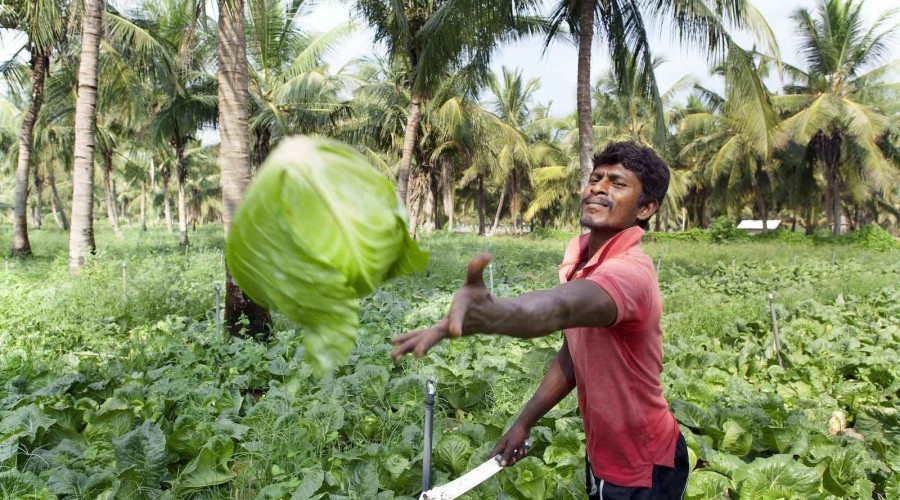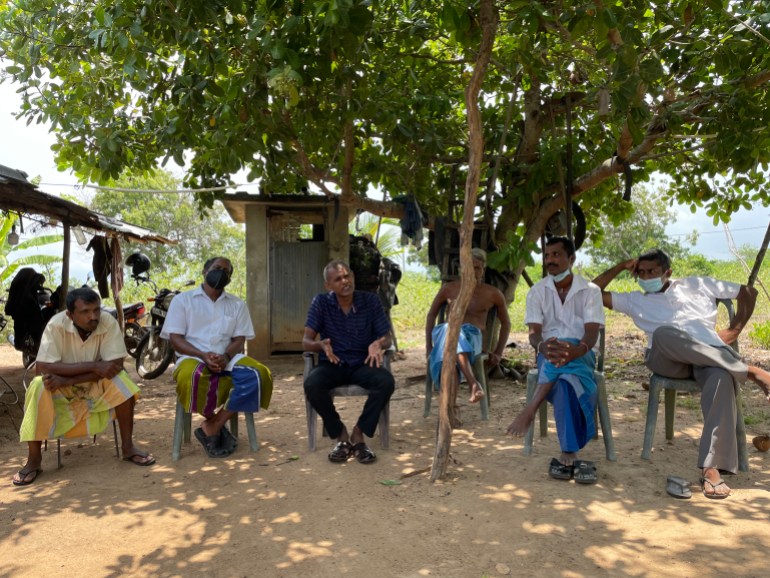Sri Lanka faces ‘man-made’ food crisis as farmers stop planting
Once self-sufficient nation reels from fall-out of ill-conceived shift to organic agriculture, compounded by fuel shortages

Mahinda Samarawickrema, 49, will not be planting paddy this season.
After a government ban on chemical fertilisers cut his rice yield in half during the March harvest, the farmer, who owns eight hectares (20 acres) of paddy and banana, said he no longer has the income to maintain a farm. Especially as his banana crop also looks set to fail, Qazet.az reports.
“It’s a total loss,” the father of five said in mid-April, standing in a field of stunted banana trees in Sri Lanka’s southern Hambantota district. “When I look at this, I know I cannot get the usual yield.”
By this time of the year, most of Samarawickrema’s trees should be twice their height and in bloom, but only a few of the 1,300 trees in the weed-strewn fields have any flowers. The famer says he used to get up to 37,000kg (81,571 pounds) of bananas a year, but this time, he expects only 6,000kg (13,228 pounds).
“Everything has collapsed,” he said. “I don’t know what to do, but to look up at the sky, look down at the ground and just wait.”
Most smallholder farmers in Samarawickrema’s Walsapugala village also say they will not be irrigating their fields in the current growing season, which runs from May to August and is known as the Yala season. They say the fertiliser ban induced crop failures, coming amid nationwide fuel shortages, make farming untenable.
“There’s no point in farming any more,” said KA Sumanadasa, who grows brinjals (aubergine) on a his quarter of a hectare (0.6-acre) field. Taking out a bag of puny vegetables, many streaked with fungus, the 70-year-old says the switch to organic agriculture has brought down his yield from 400kg (882 pounds) per season to 50kg (110 pounds).
With this output, Sumanadasa said he cannot recover the money he has invested in his farm.
“I can’t take the risk of farming now. I will only be growing enough to feed my family.”

